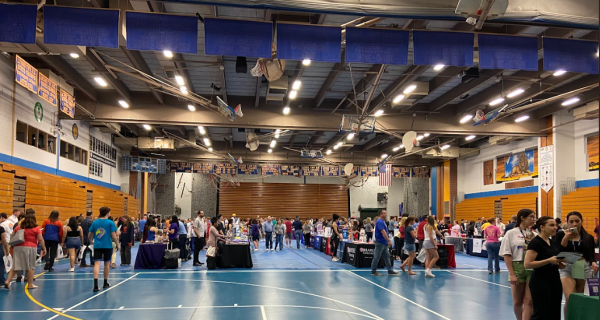Civics class encourages students
November 10, 2017
This summer Ben Lafontaine, and the other Civics teachers were required to create a new class for LT sophomores. They used this as an opportunity to construct a meaningful class for LT students. The class includes a semester long project that will challenge students to make a change in their community and get their voice heard.
Starting this year, all sophomores are required to take a civics class. Part of this government class is a Take Action Project (TAP). Students pick a topic they have interest in and try to raise awareness or make a change, Lafontaine said.
“The purpose of the TAP project is to get everyone involved,” Lafontaine said. “We want to show kids they can make a difference.”
The students started the TAP project in September, and will continue to work on it throughout the semester. They have to chose a topic that is important to them, and then research to try make a difference or raise awareness about their topic, Lafontaine said.
The students topic can be anything as long as it means something to them. The topics range from local, such as later start times in school to more broad, like climate change, Lafontaine said.
“I am collecting money and raising awareness to help the people that were affected by Puerto Rico,” Kerry Conneely ‘20 said. “The hurricane affected my grandma, and so I know the devastation that comes with it, I care a lot and I think that it is important to help the recovery process for those victims.”
In order to raise the money Conneely is planning on selling homemade bracelets during 5a lunch. Her goal is to raise $100 for the victims.
“I’m glad we are doing the TAP project,” Conneely said. “I can choose what interests me and what I can actually relate to and have fun with.”
Lily Doliff ‘20 is doing her TAP project on homeless people in Chicago.
“It is important to me because it makes me really sad to see people struggling,” Doliff said. “They have no way out so I think we should step in and give them the help they need.”
The TAP project has due dates throughout the semester and the project is designed to not be overwhelming, Lafontaine said.
“We are giving the project to the students in pieces, so it’s not too much to handle all at once,” Lafontaine said. “And we are trying to make it as meaningful as possible.”
Although they are interested in their topic, some students dislike the TAP project, Doliff said.
“I like the Idea of the project,” Doliff said. “But some of the work is unnecessary; writing a paper on [a global issue] is not going to help make a difference.”
This projects allow the student a lot of freedom. Then students work on the project at least once a week and get chance to seek help from their teachers, Lafontaine said.
“I think that too often students don’t have choices, this offers them to choose what interests them,” Lafontaine said. “I think students will appreciate how we are choosing to do this project.”





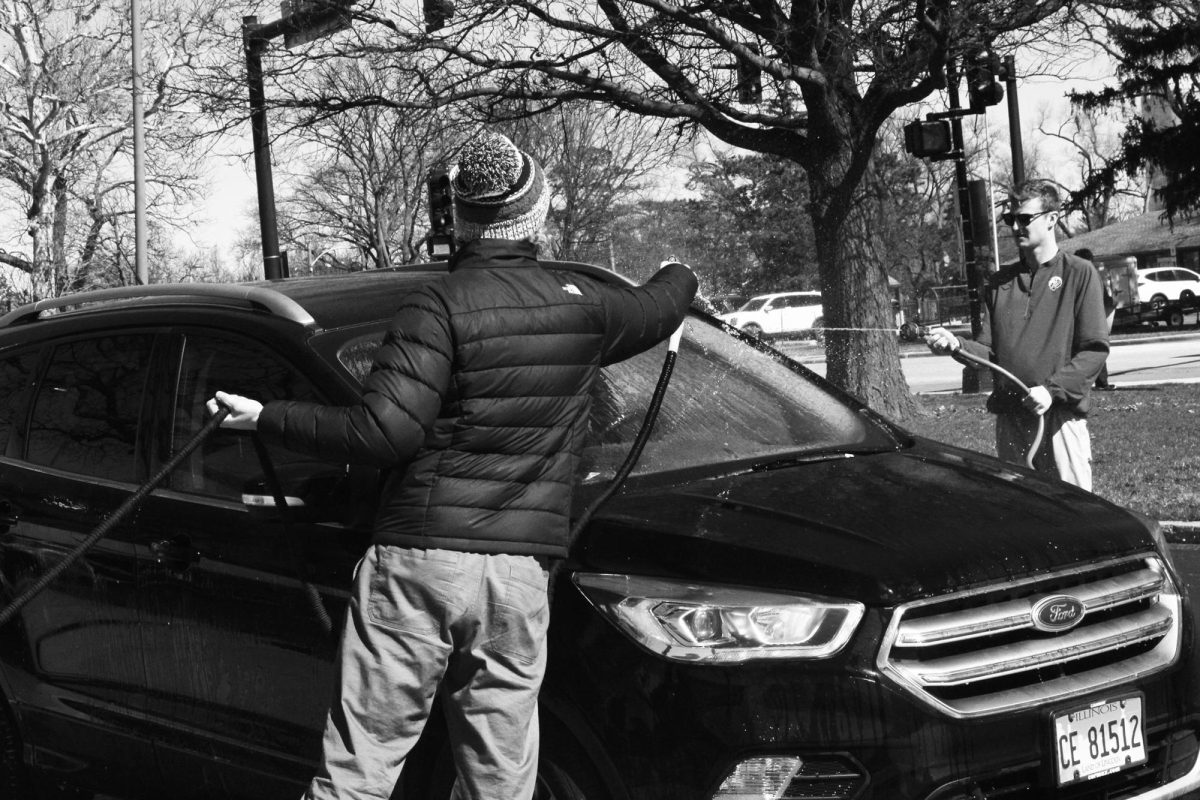

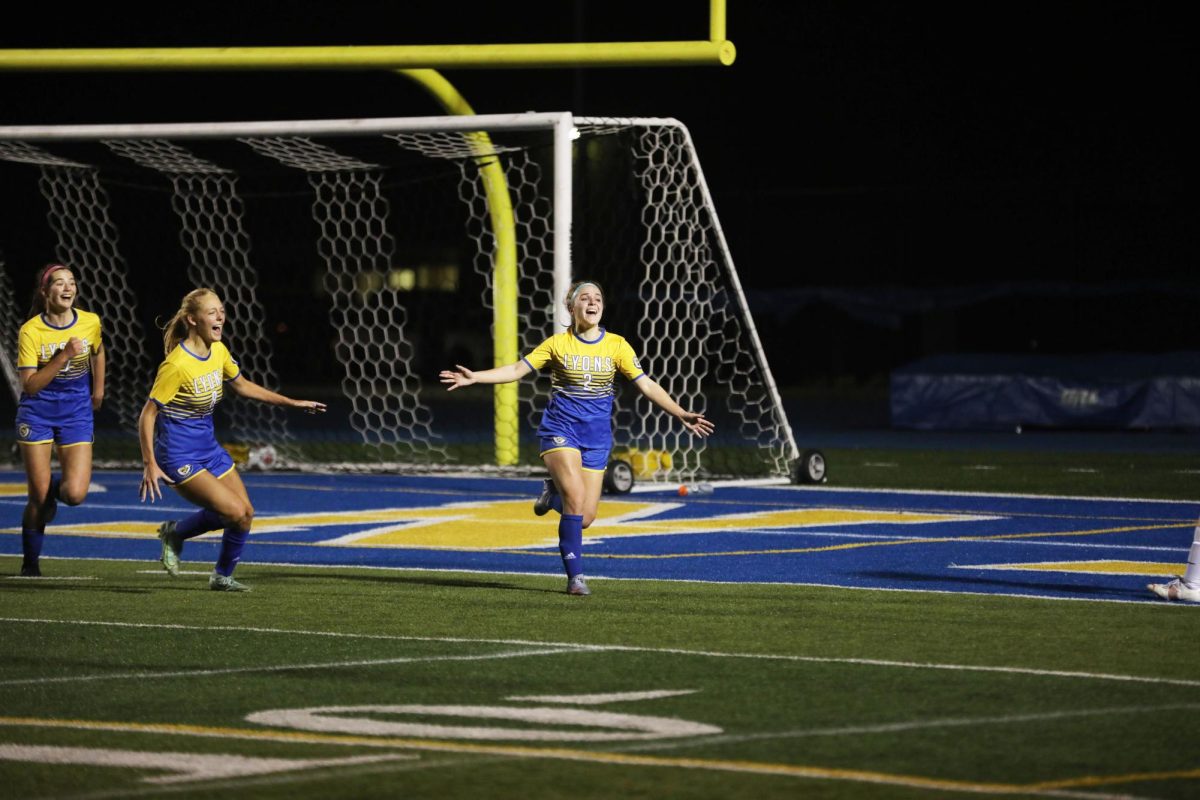

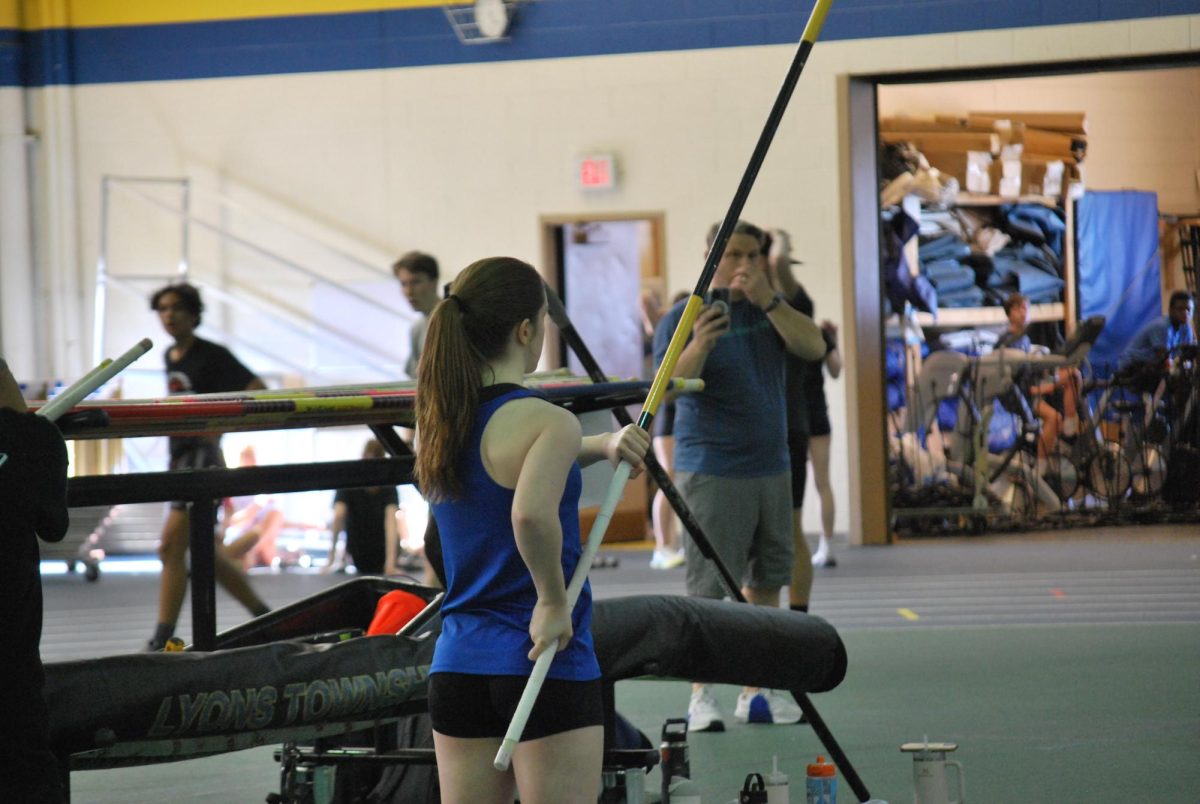
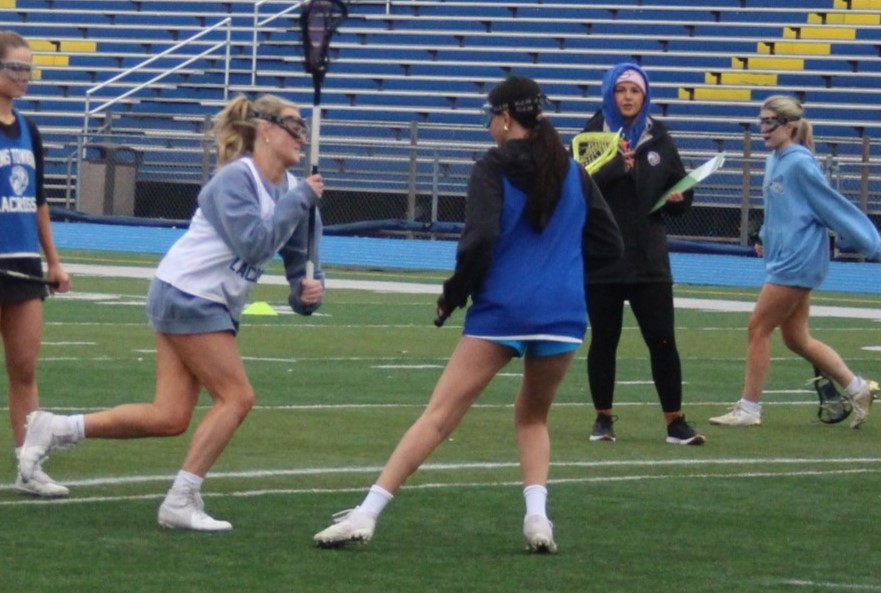
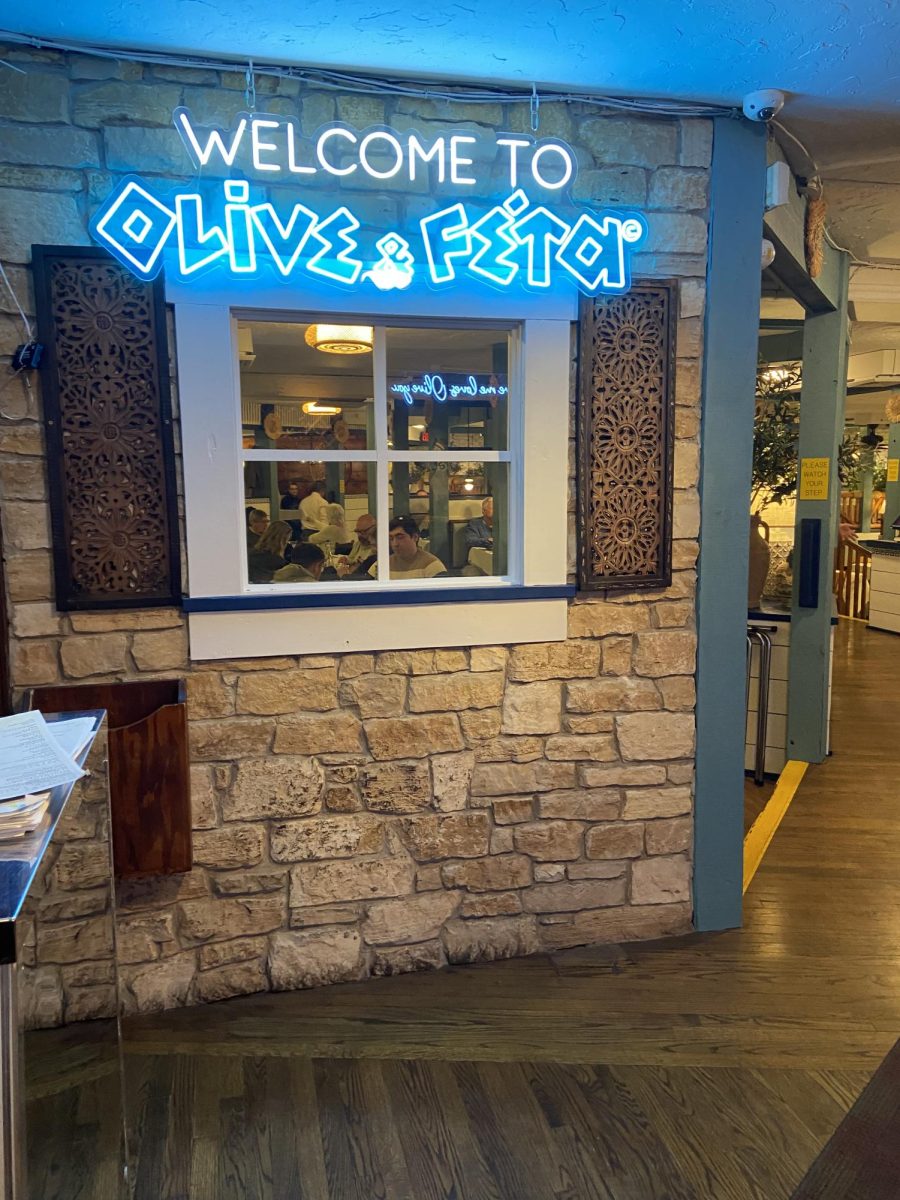



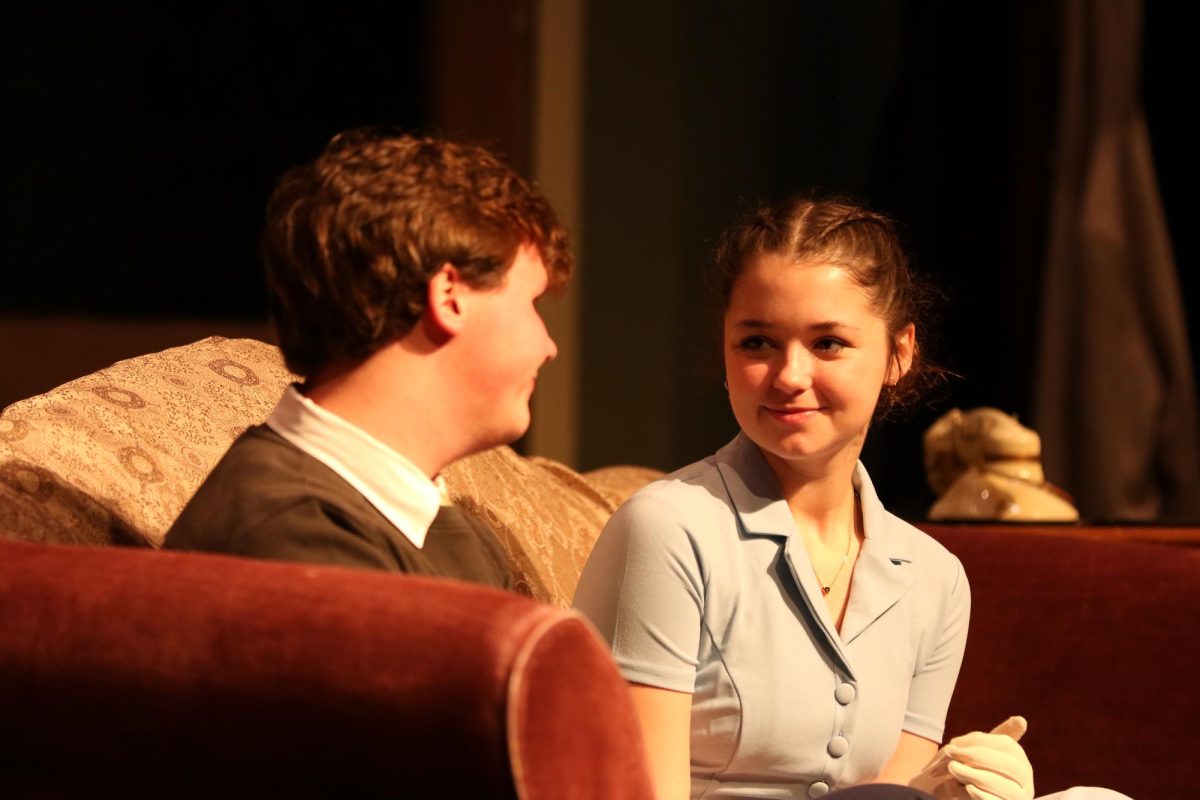


![Movie poster for [Rec] (2007).](https://www.lionnewspaper.com/wp-content/uploads/2023/04/rec-640x900.jpg)





